Hip hip hooray it’s the Burryman’s day!
On the second Friday in August, a South Queensferry a man clad in burrs walks a 7 mile route around town while folk give him whisky (through a straw) for good luck. The tradition may be 900 years old.

Hip hip hooray it’s the Burryman’s day!
On the second Friday in August, a South Queensferry a man clad in burrs walks a 7 mile route around town while folk give him whisky (through a straw) for good luck. The tradition may be 900 years old.

I found this drawing in the Dundee Evening Post for the 26th January 1900 and challenged Twitterfolk to guess its purpose.

I hid its true function and got some weird and wonderful suggestions. I’m not sure if something like this was ever used or even built. Maybe it was just a fanciful notion of the paper’s illustrator. If you know anything about it, let me know! Here is the description which followed the sketch.

Dundee Evening Post, 26th January 1900, pg. 4.
16th March 1559. Bessie Smith complains to St Andrews Kirk session that her husband, Andrew Lumsden, has “nocht adhered to hir in bed for twelf years”. Church decrees that he must “adhere to her” within 48 hours. Her neighbours to report back and confirm.
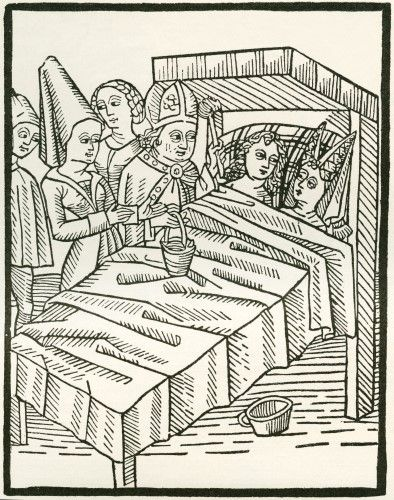
Hay Fleming, D. (ed) (1889) Register of the minister, elders, and deacons of the Christian congregation of St. Andrews : comprising the proceedings of the Kirk session and of the Court of the Superintendent of Fife, Fothrik, and Strathearn. 1559-1600. Vol. 1., Edinburgh University Press. 486pp.
Collecting nuts on a Sunday? Put down a hole.
Slandering a neighbour? Locked in a limekiln.
“Wallowing in former filthieness and prophanitie”? Forehead branded with the town’s iron.
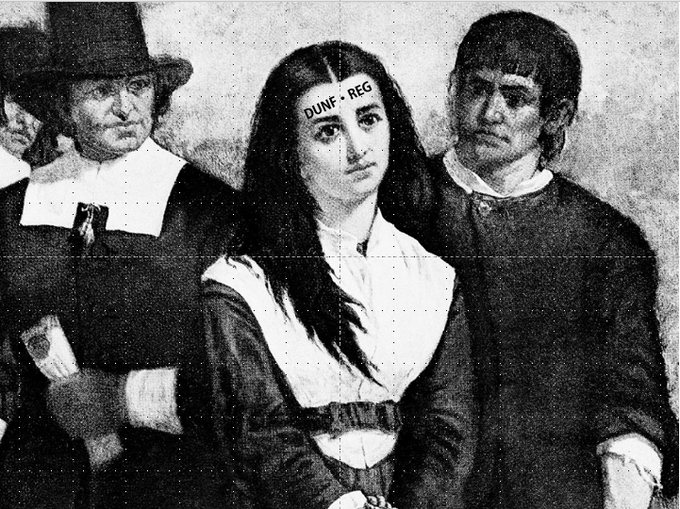
In October 1648, Janet Robertson was ordered to be cairtit and scourgit throu the toun and markit wi ane hote yron and so forth banished forth of the paroch. Dunfermline had a branding iron that spelt out “DUNF.REG” that was heated up and held against the right hand or above the brow. This let everyone know that you had been banished from the parish–anyone who helped you would be punished also.
Henderson, E. (ed.) (1865) Extracts from the Kirk-Session Records of Dunfermline: (from 1640-1689 inclusive). Fullarton and MacNab, Edinburgh. 82pp.
Sure apple cider vinegar is great, but wait til you hear about crab vinegar…
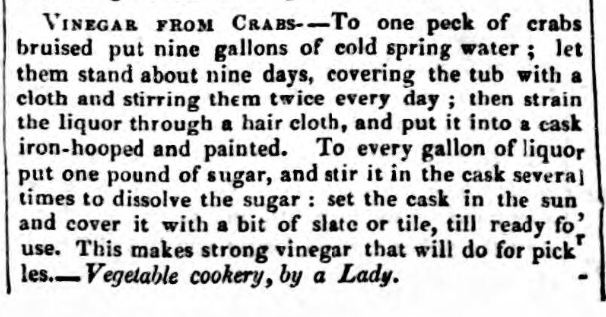
One hopes it was crab-apples and not shore crabs…
Historian David Calderwood reported that 1612 was a crazy year in Scotland.
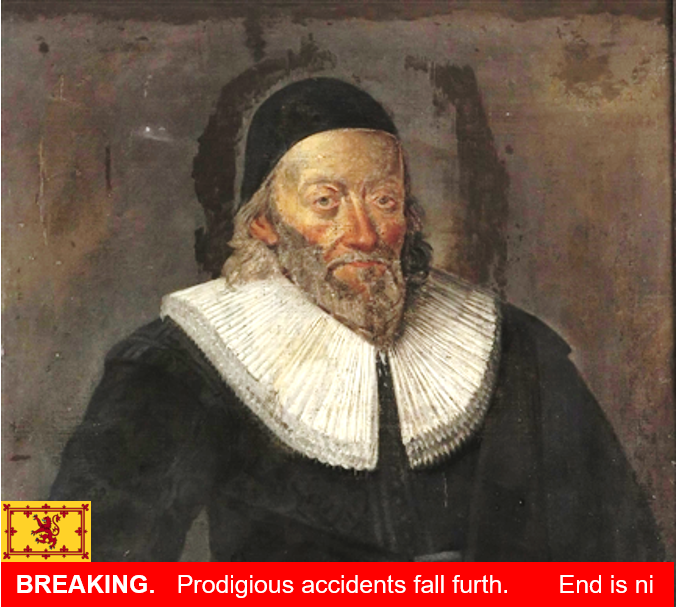
“Well mett, I’m David Calderwood”
“A cow has brought furthe fourteene great dogge whelps in stead of calves and another, efter the calving, became starke madde, so that the owner was forced to slay her. A deid bairne was found in her bellie.”
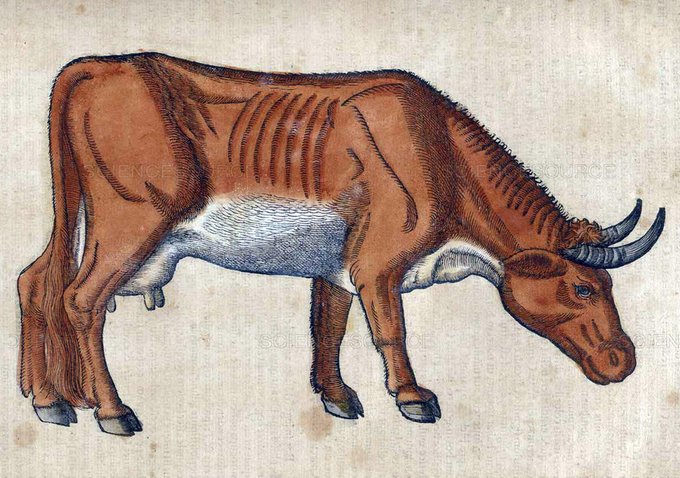
“In Inveraray, ane of the Erle of Argyle’s servants being sicke, vomited two toades and a serpent, and so convalesced; but after did vomit a number of litle toades.”
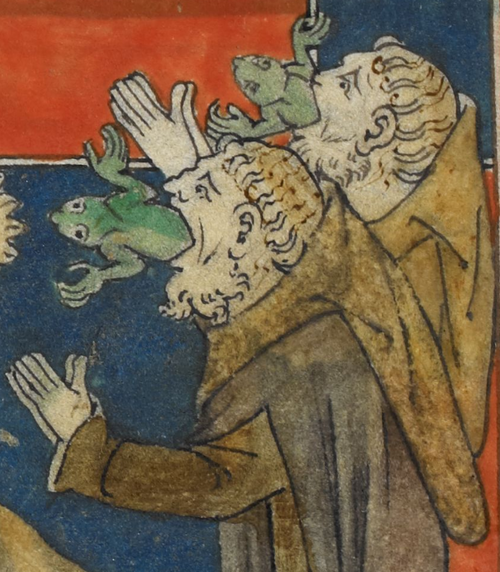
“Neir Kirklistoun, A young man at the plough accidentallie killeth his owne son with the throwing of a stone. He hangeth himself. His wife, latlie delivered of a child, ran out the house to seek her husband, before she returned, a sow had eaten her child”
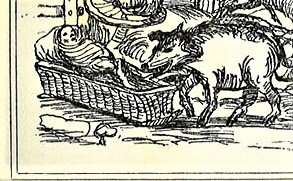
“Scottismen at court are in danger of their lyves by reasone of great malice conceived against them by the Englishe. There were at present about ane hundreth Scottismen, all in danger to be massacred, if the Englishe had not beene stayed by a councellour.”
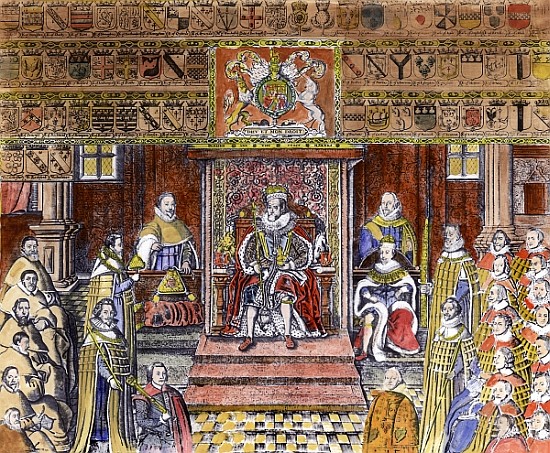
“The brother of Sir Johne Ramsay hath smotte the Lord Montgomerie’s brother on the face with a rod for a lie given him at the horse race.” “In other news, James Maxwell, gentleman of the king’s chamber, hath pulled ane Englishman’s eare till it bledd.”
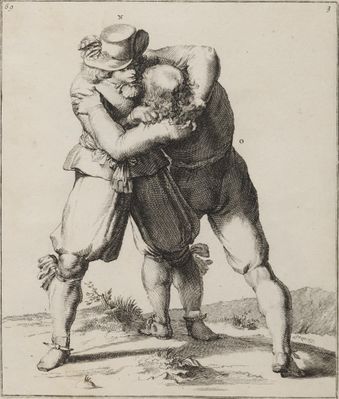
“And finallie, sixe yeers after he putt furth the ey of Lord Sanquhar at the fencing, ane Englishe fencer was killt in ane inn by two Scottismen hyred by the Lord. To content the Englishe, the king consented that the Lord Sanquhar be hangit.”
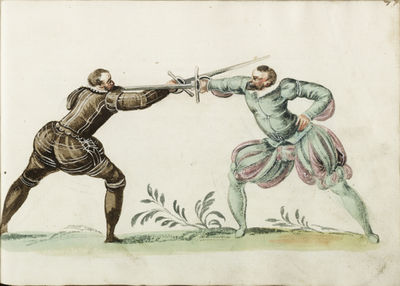
“With this acte, Scottismen shewn greater contempt to their nobilitie, as the Lord Sanquhar was hangit a among number of theevs.”
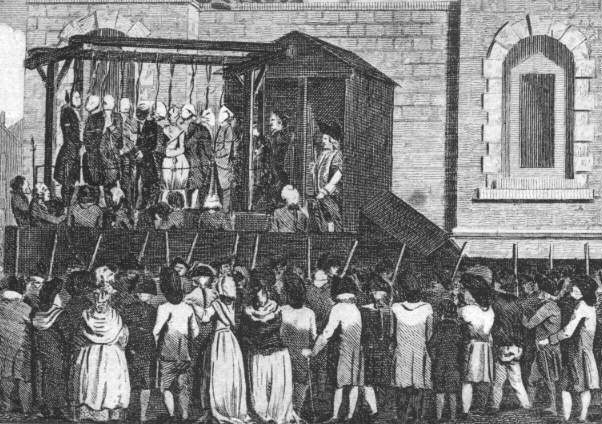
“So endeth our uprounding of “the prodigious works and rare accidents that fell furth in AD 1612” “For reporting Historie of the Kirk of Scotland, your maist humble servant, David Calderwood.”
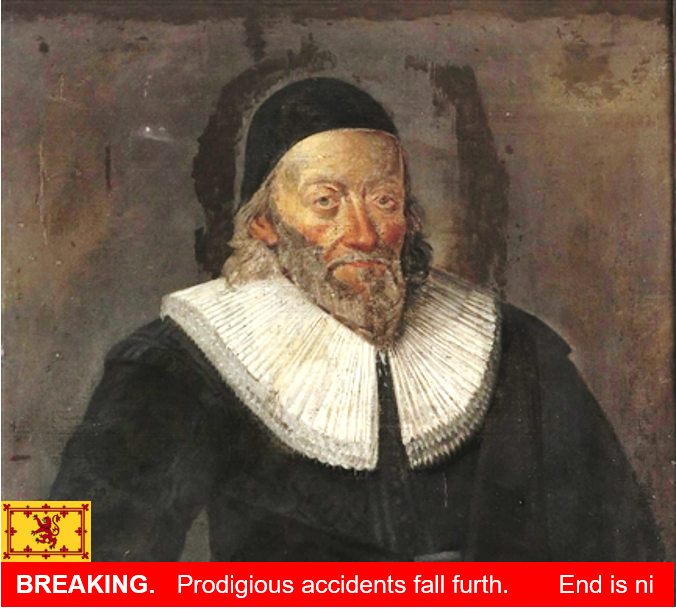
Thomson, T. (ed.) (1845) The History of the Kirk of Scotland, by Mr. David Calderwood. vol. 7. Wodrow Society, Edinburgh. pp. 164-165.

From 21st-23rd August 1872, a large unidentified animal was seen in the Sound of Sleat. Estimates of its length varied between 45 and 80 feet but was described as a “serpent”. Two church ministers published a report in ‘The Zoologist’ with these diagrams.
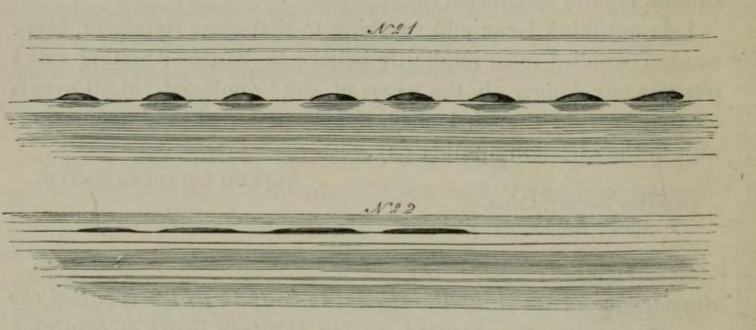
At least 13 people reported seeing the same thing, including fishermen who said it was “no seal or porpoise”. This map shows where it was seen over those three days. The colours indicate independent observations. (It was also seen off Eigg.)
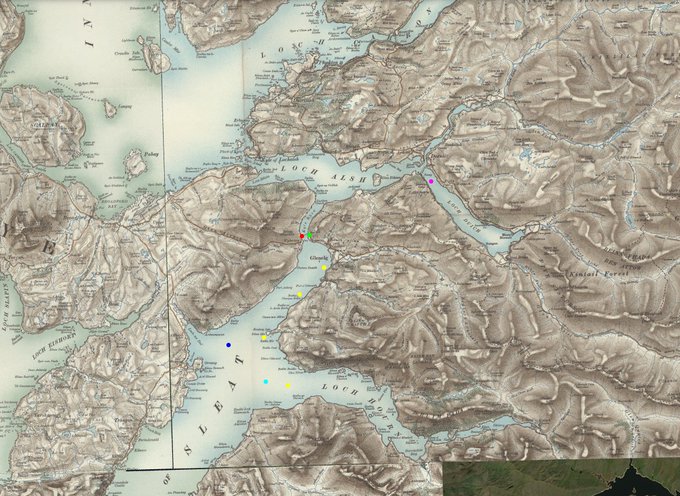
23rd Feb 1715. A “high ryot” started at Pittenweem after William Bell Jr., bailie, called Robert Cook, advocate, “mad and light in the head” and said that his “pericranium was wrang”.
An oddly specific burn if ever there was one.
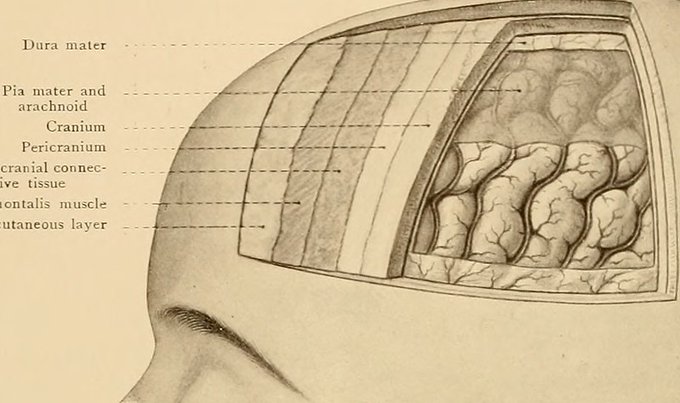
Cook, D. (ed.) Annals of Pittenweem: being notes and extracts from the ancient records of that burgh, 1526-1793. Lewis Russell, Anstruther. pp.132-133
In 1898, the Dundee Courier reported a man’s skeleton was found inside a hayrick on the outskirts of Newport. As it was the previous year’s hayrick, it’s thought he fell asleep and was accidentally smothered by the others building the stack.
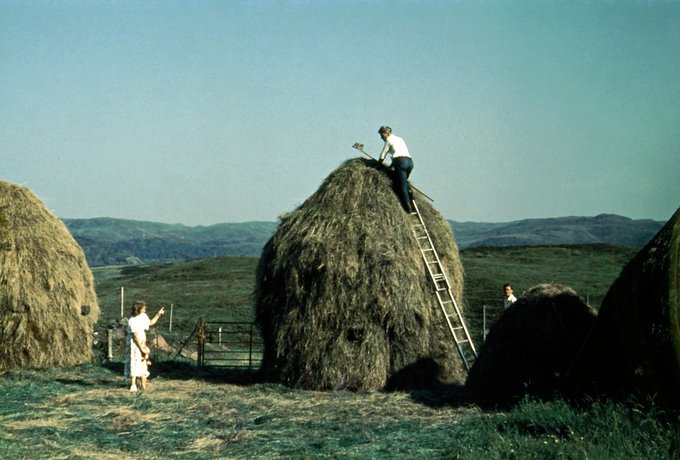
Dundee Courier. 12th November 1898. pg. 6.
On a dark night in February 1813, a Dunblane man was stealing from his neighbour’s garden when he tripped on the cat and fell down a well. The neighbour heard his screams and got a ladder. The thief ran off leaving 19 heads of cabbage down the well.
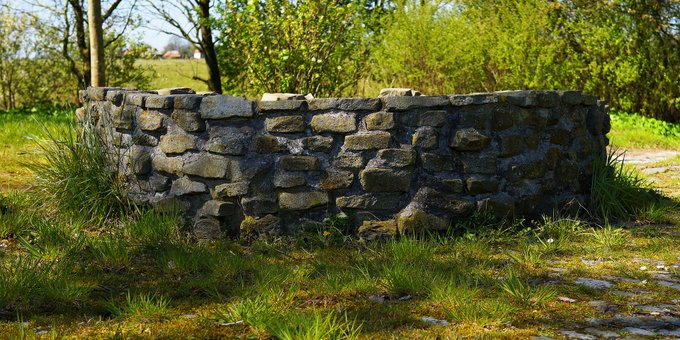
Perthshire Courier. 18th February 1813. pg. 4